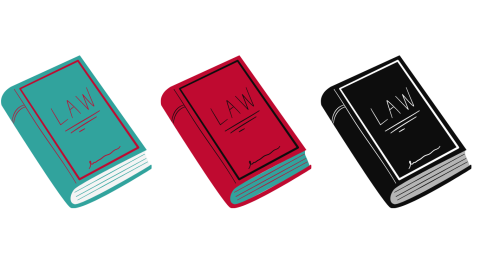
Public Inquiries
Public inquiries are official investigations conducted by government bodies to examine significant events or issues of national importance. These inquiries are often established following major incidents or prolonged societal issues, where there is a need to identify causes, assign responsibility, and propose recommendations for preventing similar occurrences in the future. Public inquiries often address areas like healthcare, public safety, regulatory oversight, and justice system failures. Lawyers involved in public inquiries work on behalf of various stakeholders, including affected individuals, governmental bodies, and corporate entities

How do these lawyers work?
Lawyers involved in public inquiries typically assist clients in navigating the inquiry process, which involves gathering evidence, preparing witness statements, and representing their interests during hearings. They may work on behalf of victims or their families, helping to uncover facts and hold responsible parties accountable. Alternatively, lawyers may represent organisations or government agencies, providing legal support to ensure compliance with the inquiry’s procedures and protecting their clients’ interests. Inquiries often involve intense public scrutiny, so lawyers must handle media and public relations as well as legal considerations.

Who are their clients?
Clients in public inquiries include victims or their families, or organisations or government agencies about whom the inquiry is held.
What do these lawyers do exactly?
Evidence Gathering and Analysis
Document Collection: Collecting and reviewing relevant documents, medical records, and official reports to build a comprehensive understanding of the events. Witness Statements: Assisting clients in preparing witness statements and evidence submissions for the inquiry. Expert Testimony: Engaging experts to provide testimony on medical, technological, or procedural issues relevant to the inquiry’s focus.
Representation at Hearings
Advocacy: Representing clients during inquiry hearings, including questioning witnesses and cross-examining individuals to clarify facts. Client Support: Advising clients on the inquiry process and ensuring they understand their rights and responsibilities. Media Relations: Managing public relations, given the high-profile nature of these inquiries, to ensure clients’ reputations are preserved during and after the inquiry.
Legal Analysis and Recommendations
Policy Analysis: Providing input on how regulations and policies may have contributed to the issues and recommending changes to prevent future occurrences. Compliance: Advising clients on compliance with inquiry recommendations and implementing changes within their organisations. Report Review: Contributing to the drafting of final reports, which often include findings and recommendations for governmental or institutional reforms.

Where can you do this type of work?
Lawyers involved in public inquiries often work within government legal departments, human rights organisations, or law firms specialising in public law and regulatory matters.

Here are some of the legal players in this field:
Examples of firms in this area listed in the Legal 500 and/or Chambers & Partners rankings include:
- Bevan Brittan
- Bindmans
- Burges Salmon
- Duncan Lewis
- Fieldfisher
- Herbert Smith Freehills
- Jackson Lees/Broudie Jackson Canter
- Kingsley Napsley
- Leigh Day
- Pinsent Masons
- TLT
Other firms and organisations who have not submitted themselves for review in the Legal 500 and/or Chambers & Partners rankings are also available in this area of law.